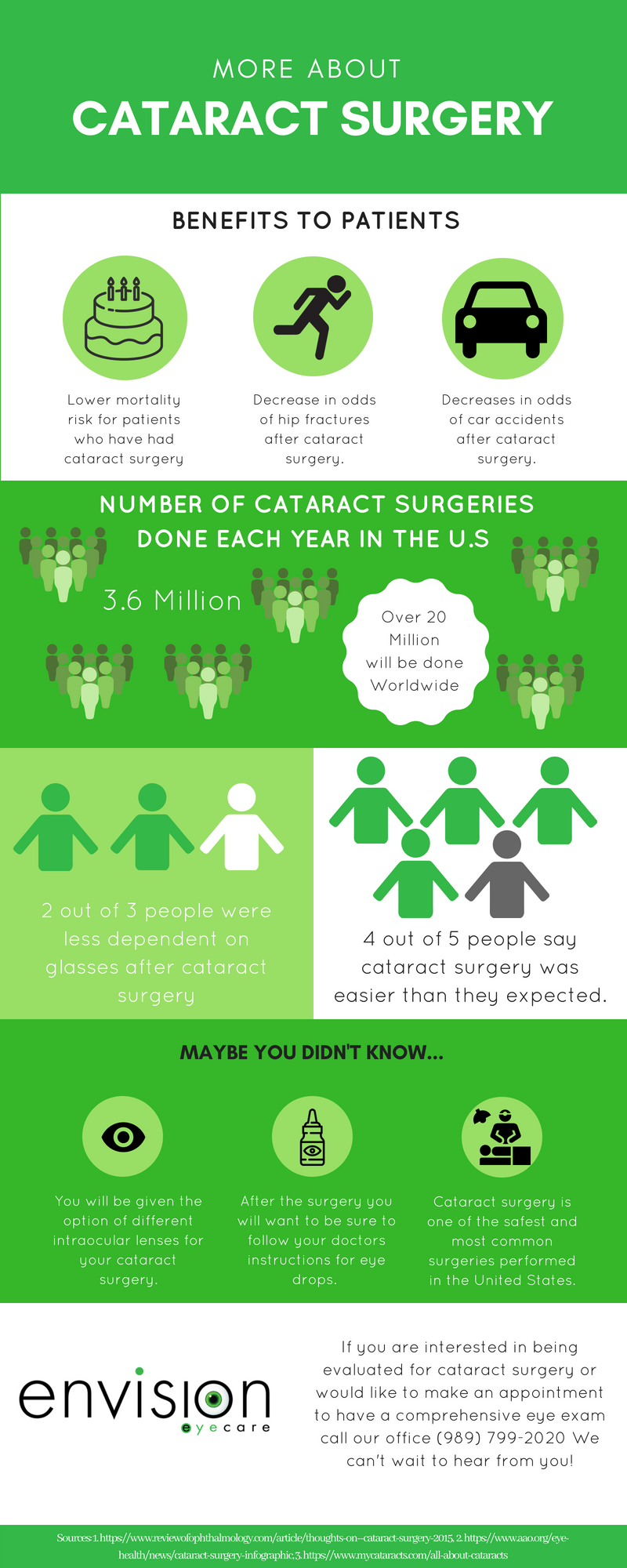Unsure Regarding SMILE Surgical Treatment? Discover Vital Aspects And Understandings That Will Certainly Assist You In Making A Well-Informed Choice Regarding Your Vision's Future
Unsure Regarding SMILE Surgical Treatment? Discover Vital Aspects And Understandings That Will Certainly Assist You In Making A Well-Informed Choice Regarding Your Vision's Future
Blog Article
Write-Up Written By-Mullen Reece
If you're pondering SMILE eye surgery, contemplate this: are you prepared to accept potential aesthetic flexibility, or does the thought of any kind of threats make you think twice? Your decision will depend upon a careful equilibrium of weighing the advantages against the unpredictabilities. It's essential to dig deeper right into the nuances of SMILE surgery to make an educated selection that aligns with your visual objectives.
Understanding SMILE Eye Surgery
When considering SMILE Eye Surgical treatment, it is very important to comprehend the treatment and its advantages. SMILE, which stands for Tiny Laceration Lenticule Removal, is a minimally invasive laser eye surgical procedure that corrects common vision issues like nearsightedness (nearsightedness).
During the procedure, your eye specialist will certainly use a femtosecond laser to create a small incision in your cornea. With this cut, a small disc of cells called a lenticule is removed, reshaping the cornea and remedying your vision.
Among the vital advantages of SMILE Eye Surgical treatment is its fast recovery time. Many clients experience enhanced vision within a day or two after the treatment, with very little discomfort.
Additionally, SMILE is understood for its high success price in offering long-term vision improvement. Unlike LASIK, SMILE doesn't require the creation of a flap in the cornea, lowering the risk of complications and enabling a much more secure corneal structure post-surgery.
Comprehending the procedure and its advantages is critical when taking into consideration SMILE Eye Surgery for vision adjustment.
Advantages and disadvantages of SMILE
Thinking About SMILE Eye Surgical treatment for vision improvement includes different advantages and potential drawbacks.
One of the primary pros of SMILE is its minimally invasive nature, as it includes a tiny cut and typically leads to fast healing times. Cataract Surgery Is Safe is additionally known for creating minimal discomfort and completely dry eye signs and symptoms post-surgery compared to other vision modification methods. Furthermore, SMILE has actually been revealed to offer excellent aesthetic end results, with lots of patients achieving 20/20 vision or far better.
On the other hand, a potential disadvantage of SMILE is that it may not appropriate for people with severe refractive mistakes, as the treatment array is somewhat minimal contrasted to LASIK. Another factor to consider is that the understanding contour for surgeons applying SMILE can influence the schedule of experienced providers in particular areas.
It is essential to consider these benefits and drawbacks meticulously when determining if SMILE is the appropriate option for your vision adjustment demands.
Determining Qualification for SMILE
To establish if you're eligible for SMILE eye surgical treatment, your ophthalmologist will carry out a thorough examination of your eye wellness and vision demands. During https://blogfreely.net/morris010gary/is-cataract-eye-surgery-right-for-you-factors-to-consider , factors such as the stability of your vision prescription, the density of your cornea, and the overall health of your eyes will certainly be assessed.
Normally, prospects for SMILE more than 22 years of ages, have a steady vision prescription for at least a year, and have healthy and balanced corneas without problems like keratoconus.
Your optometrist will likewise consider your total eye health, any type of existing eye conditions, and your way of living requires to determine if SMILE is the best choice for you. It's important to connect any kind of certain aesthetic requirements or problems you might have throughout this examination to ensure that the treatment aligns with your expectations.
If you aren't eligible for SMILE, your ophthalmologist might advise alternate vision modification alternatives that much better fit your private needs and eye health standing.
Conclusion
Ultimately, choosing whether SMILE eye surgical treatment is right for you needs mindful factor to consider of your specific eye health and visual demands. Speak with your eye doctor to establish your qualification for the treatment and evaluate the potential benefits and drawbacks. Remember to connect any worries or inquiries you might have during the assessment process to make an informed decision concerning your vision improvement alternatives.
